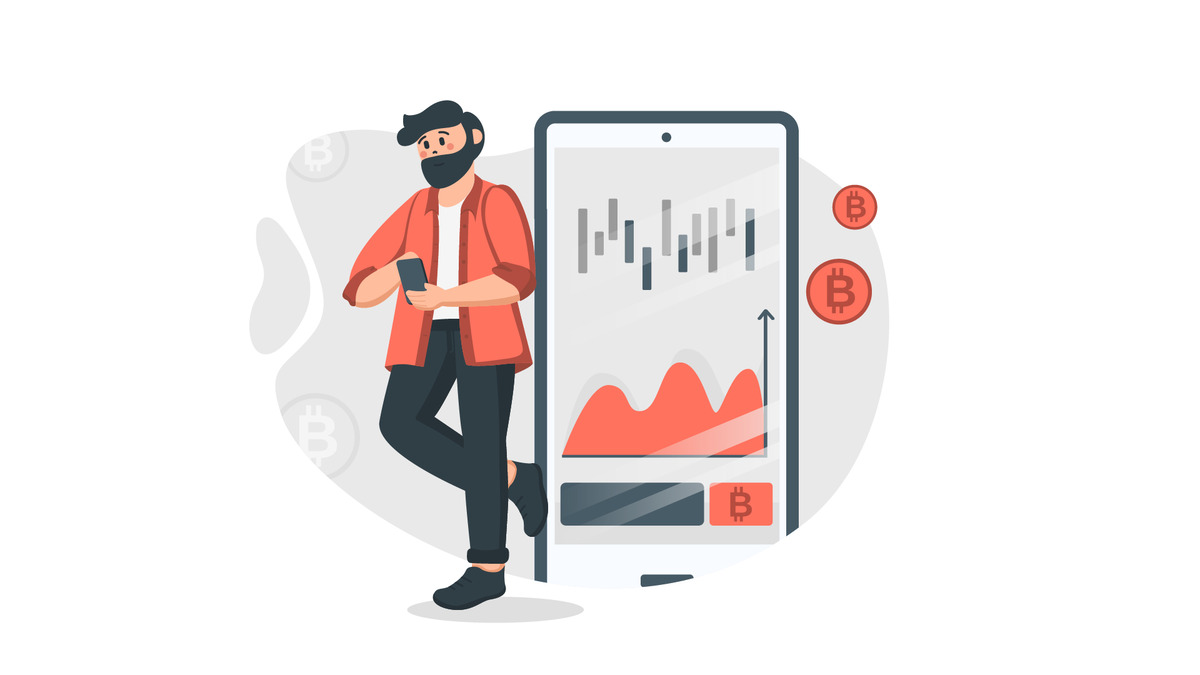Want to benefit from options trading? It’s crucial to understand the risks and advantages of this investment plan. It’s vital to feel comfortable booking losses and gains. Many traders hesitate to abandon a losing deal, expecting luck will change.
In truth, effective options traders know to reduce losses early to avoid more significant losses. Successful option trading requires a well-researched trading strategy. Choosing the right deals and assessing their profitability is part of this.
An options trading app can assist traders in making informed trading decisions by providing real-time market data, research tools, and other features. However, profitable option trading demands dedication, discipline, and patience. It requires ability and expertise, not luck.
This guide will help you master options trading and achieve your financial goals.
Understanding Option Profitability for Buyers and Sellers
Buyers and sellers of options can earn if they understand option profitability. Call option buyers profit when the stock price rises above the strike price, while put option buyers profit when it falls below it. As per the statistics, retail investors account for beyond 25% of the total options trading activity because of easy access.
Option buyers win or lose based on the difference between the stock price and the option strike price at expiration or when the option position is closed. Option writers (sellers) benefit when the underlying stock price stays below the strike price for call options or above it for put options after writing the option.
Their profit is restricted to the option buyer’s premium. Buyers and sellers must understand these basics to make informed judgments and maximize their options trading profits.
Best Methods to Make Profit with Options Trading
Options trading requires market confidence to generate consistent earnings. How do you gain confidence? Let’s look at how to gain confidence to trade options profitably. You must treat options trading like a company to generate big money. Trading can profit or lose like any other business. Your profit depends on how seriously you take it as a business.
1: Try Options Trading Apps
Mobile options trading apps let traders buy and sell options. These apps provide real-time market data, news, analysis, and trading tools to aid traders.
An options trading app has these benefits and features:
- Real-time stock, option, and implied volatility data are available in options trading apps.
- The apps provide market news and analysis from financial news websites, investing blogs, and social media to assist traders in keeping current.
- Option chain analysis, option strategy builders, and risk management features are included in options trading apps to help traders make informed decisions.
- Traders may quickly initiate trades, monitor positions, and manage portfolios with the apps’ user-friendly layout.
- With an options trading app, traders may trade options anywhere with an internet connection.
2: Adapt Option Strategy Builders
An options strategy builder helps traders create and execute winning options trading strategies. Traders can tailor their tactics to their goals and risk tolerance by establishing complicated options contracts with many legs.
- It lets you design options and strategies. These tools allow traders to construct customized strategies for managing risks or optimizing rewards.
- Option strategy builders provide an easy-to-use UI. These tools make building, analyzing, and executing options trading strategies easy.
- Option strategy builders assist traders in managing risk with various risk management tools. Stop-loss orders, limit orders, and other risk management methods help traders reduce exposure.
- Option strategy builders can backtest strategies against past market data. It can help detect and fix strategy flaws.
- Finally, an option strategy builder offers real-time market data and analytics, like implied volatility levels and option pricing, to help traders make smart trading decisions. This information allows traders to comprehend market circumstances and alter strategy.
3: Trade on the Option Expiry Day
Option holders must decide whether to exercise or let them expire on the expiry day. Options traders need it since market conditions might lead to significant gains or losses. One should Trade on options expiry day to yield quick profits, but it also risks market fluctuations and losses. Stop-loss orders and position sizing can help traders manage these risks. Before trading on expiry day, you must comprehend options trading and market conditions.
Some of the Option expiry trading strategies:
- Closeout trades a few days before expiry to prevent volatility and hazards.
- Trading options contracts with significant open interest can provide additional liquidity, making entering or exiting positions easier on expiry day.
- Market sentiment before expiry can affect options contracts and underlying assets.
- Vertical spreads can assist traders in limiting risk and profit from expiry day market swings.
4: Profit from Trade Cycles
Understanding NIFTY trade cycles is essential for trading. You may optimize profits and avoid risks by being diligent and thorough when recognizing tradeable cycles. Understanding the NIFTY’s trade cycles is crucial to trading. Keep in mind:
- Careful and patient: NIFTY trading requires caution and patience. You must be aware that the market may not always be suitable for trading.
- Look for the next tradeable cycle in the market. Don’t commit till the appropriate time.
- To profit, trade the tradeable cycle.
- If the market isn’t right, don’t trade. It’s possible to lose money.
- Avoid following the crowd. Research and make market decisions.
- Keep abreast of NIFTY-related news. Economic data, political developments, and global events may affect the market.
Futures and Options: Concepts and Differences
Financial market traders choose Future & Options Trading. Both include purchasing and selling contracts to speculate on the price movements of underlying assets like stocks, commodities, and currencies.
Here are some key concepts and differences between Future & Options Trading:
Concept of Futures Trading:
- Futures trading involves buying or selling a contract to purchase or sell an underlying asset at a future price and date.
- Standardized, exchange-traded futures contracts are strictly regulated.
- Depending on their market view, futures traders might benefit by buying low and selling high or selling high and purchasing cheap.
Concept of Options Trading:
- Option trading involves buying or selling a contract that grants the buyer or seller the right, but not the duty, to buy or sell an underlying asset at a future price and date.
- Options contracts are highly customizable and exchanged on exchanges and over-the-counter markets.
- Options traders benefit by purchasing and selling options at higher prices or selling and repurchasing them at cheaper prices.
Avoid These Common Options Trading Mistakes
Financial market options trading can be profitable. However, traders might make costly mistakes. Common options trading mistakes:
- Options traders often fail to plan. It might cause emotional trading and losses.
- Risk management is critical for option trading. Stop-loss and limit orders help traders control risk and safeguard profits.
- Overtrading can result from overactive traders. Emotional decision-making and excessive fees and commissions can occur.
- Traders should research before trading. Market dynamics, corporate financials, and trade risks and rewards are examined.
- Traders must adapt to the ever-changing financial market. Losses might result from market inflexibility.
Conclusion
In conclusion, financial market option trading can be profitable and interesting. Traders must comprehend the options market, manage risk, and follow market movements to make money. Using smart trading tactics, options traders can optimize profits and prevent common blunders.
Options trading is risky and demands discipline, patience, and a desire to learn and respond to market changes. Traders may master the options market and reach their financial goals with practice.




